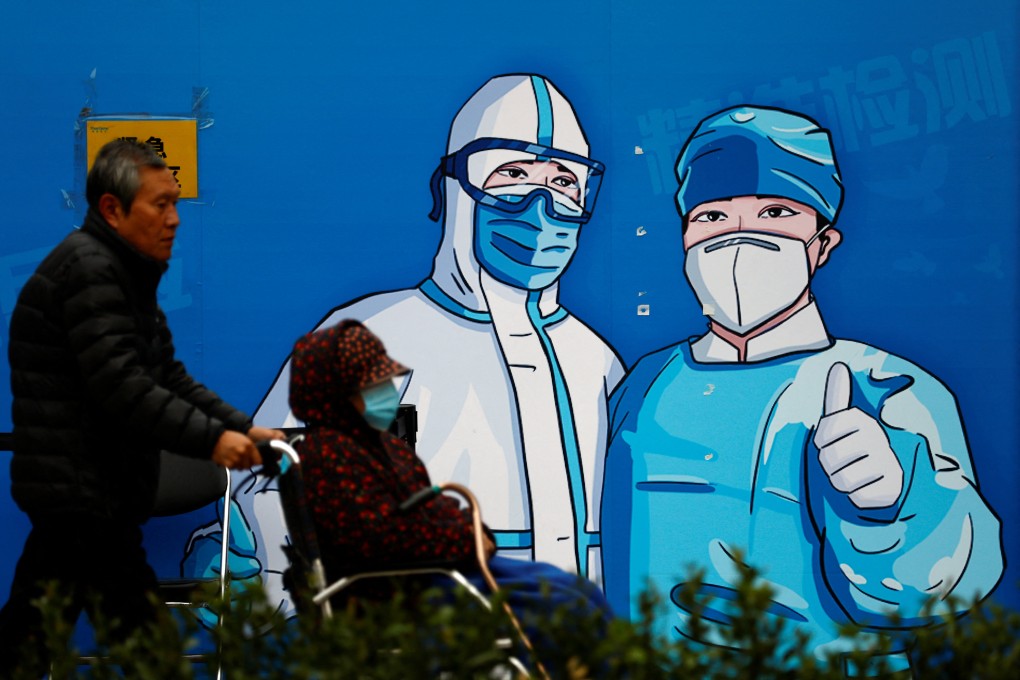Advertisement
China’s zero-Covid policy leaves experts at a loss with no definite end in sight
- Observers see no signs of fundamental change in strict anti-pandemic policy, though some tweaks may be in the offing
- With his third term secured, Xi Jinping must now address zero-Covid’s impact on the economy, jobs and social stability, some analysts believe
Reading Time:4 minutes
Why you can trust SCMP
99+

Zhuang Pinghuiin Beijing
At China’s pivotal 20th Communist Party congress earlier this month, paramount leader Xi Jinping hailed the country’s zero-Covid approach as an all-out people’s war.
The strategy – a combination of lockdowns, vaccinations and contact tracing that China has pursued for nearly three years – had protected public health, he said.
What was missing were any clues on whether the policy would stay in place in the long term.
Advertisement
Observers were left guessing at any signs of change – for instance, could an invitation from Xi for reporters to “travel around the country” suggest an imminent reopening?
But the consensus so far is continued adherence to the zero-Covid response, with perhaps some fine-tuning.
Advertisement
“We are not seeing any signs of fundamental change in policy, that’s for sure. Officials are still stressing the danger of the virus to support the narrative that it puts China at risk,” said Huang Yanzhong, a senior fellow for global health at the New York-based Council on Foreign Relations (CFR).
Advertisement
Select Voice
Select Speed
1.00x